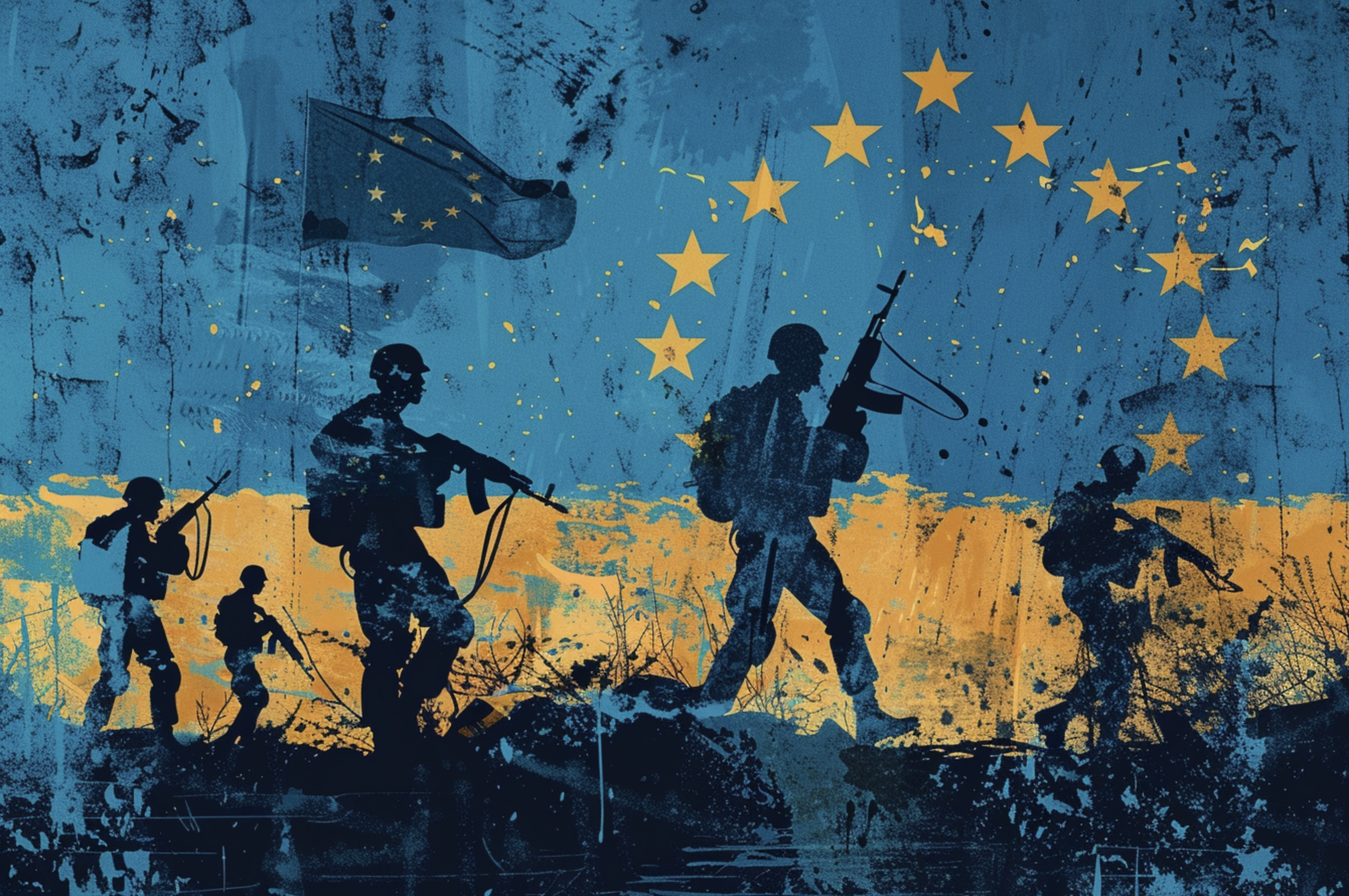European Defense Policies

Addressing the New Security Imperative
In the face of growing geopolitical uncertainties, there is widespread demand for the European Union to do more to ensure the security of its citizens. But what are the priorities, and what strategies should be pursued?
Read our Publications

To restart growth, the EU needs to focus on productivity and innovation. This does not require hundreds of billions of euros in new expenditure, but rather a sharp focus on the efficiency of existing budgets coupled with innovation-friendly rulemaking. A Policy Brief by Daniel Gros, and Jacob Funk Kirkegaard

A peace-enforcement mission, complemented by security assistance, stockpile regeneration, and a dedicated financial framework, would provide the necessary deterrence and resilience against future Russian aggression. A commentary by Andrea Gilli, Mauro Gilli, and Niccolò Petrelli

European countries should plan for a Peace Enforcement mission and prepare for either Non-Combat Security Assistance and Support or for Mobile Rapid Reaction Force in order to be prepared for a “what if conflict resumes”. A Policy Brief by Andrea Gilli, Mauro Gilli, and Niccolò Petrelli

While defense procurement and production remain fragmented across Europe and the EU and its member states invest less in their security and defense than the US, new EU and EU-sponsored initiatives demonstrate that Europeans are aware of this and attempt to reduce these shortcomings – political and fiscal obstacles notwithstanding.

Defense expenditure in EU members rose by 50% (net of inflation) between 2015 and 2023, with an increase in the expenditure-to-GDP ratio (Figure 2, referring to the current EU members). The increase involved all EU members, including not NATO members during the period under consideration.

The EU-sponsored Eurobarometer polls routinely estimate support for EU defence integration between 70% and 80% of respondents, while a recent poll by the independent Bertelsmann Stiftung polling branch, Euopinions, returned a 87% support level. However, the devil is in the details: what is meant by “European defence policy” can wildly differ between people, and these simple questions present no trade-offs.